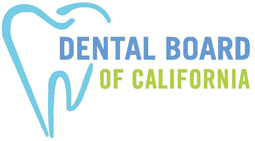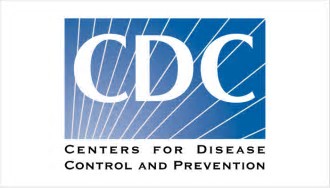Effective sterilization is essential to protecting patients and staff in the dental setting. Biological monitoring,…
DBC Continuing Education and Cal/OSHA Training for Dental Office Personnel

Two main regulatory agencies, the Dental Board of California (DBC)and Division of Occupational Safety and Health (Cal/OSHA), require employee education and training in a dental office. However, they have separate requirements with very different objectives. Employee safety is the sole focus of Cal/OSHA regulations while the DBC regulations encompass protection of patients and employees.
- DBC Continuing Education (CE) Requirements: To ensure that only qualified persons provide dental care to patients, the DBCrequires dental licensees in California to continue their education after receiving their dental licenses. Consequently, each licensee must obtain, from a DBC-approved registered CE provider, a specific number of dental-related CE units during each 2-year renewal period, depending on their license category.
As part of the CE renewal requirements, all dental licensees in California must obtain two CE units in infection control and two CE units in California Dental Practice Act (DPA) while unlicensed dental assistants must complete an eight-hour DBC-approved infection control course and a two-hour DPA course. All dental healthcare personnel must complete an approved course in basic life support.
- Cal/OSHA Employee Training Requirements: The intent of Cal/OSHA’straining requirements is to ensure that all employees are trained on the hazards associated with the job, as well as on ways to mitigate them to perform the job safely. Cal/OSHAexpects employers to anticipate and identify workplace hazards, to control the hazards, and to train employees on those hazards. Cal/OSHAdoes not mandate how the training is to be delivered. Unlike the Dental Board’s CE requirements, there are no required training hours or number of units. Trainers do not have to be certified. The Bloodborne Pathogens (BBP) Standard, however, does require documentation of the trainer’s qualifications.
Cal/OSHA requires employers to train employees when hired; when assigned to new jobs; and when a procedural change introduces a new hazard. Annual training may be required depending on the particular regulation. For example, BBP training is required annually, but training in hazard communication (hazcom) is only required upon employment and whenever a procedural change introduces a hazard. Cal/OSHA training topics required in a dental office include bloodborne pathogens, hazcom, and injury and illness prevention (general office safety, emergency response, and aerosol transmissible diseases).
Other Required Training: Dental employers may also be required to provide employee training mandated by other regulatory agencies. For example, covered entities must provide HIPAA training to staff with access to protected health information; and training on medical waste and hazardous waste management is required for dental staff who handle these wastes, which are often incorporated into BBP training and hazcom training. Additional training may be required for matters related to employment law or patient liability. Please consult with an attorney who specializes in employment law or your liability insurance carrier, respectively, for employee training requirements on these topics.
Since 1992, OSHA Review, Inc. has provided dental professionals with comprehensive programs to support regulatory compliance and infection control. We are a registered continuing education provider in the state of California, specializing in Dental Practice Act, infection control, and OSHA training.



